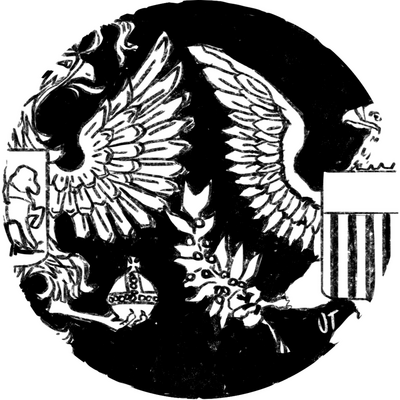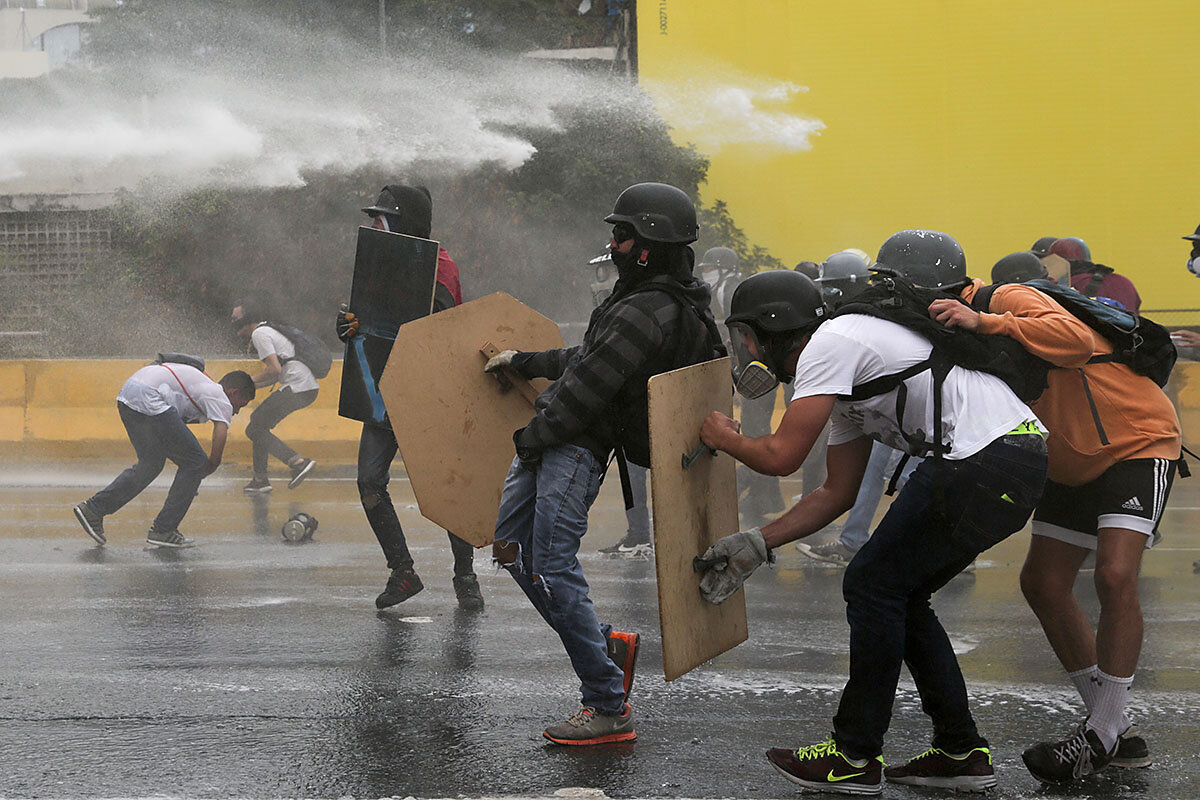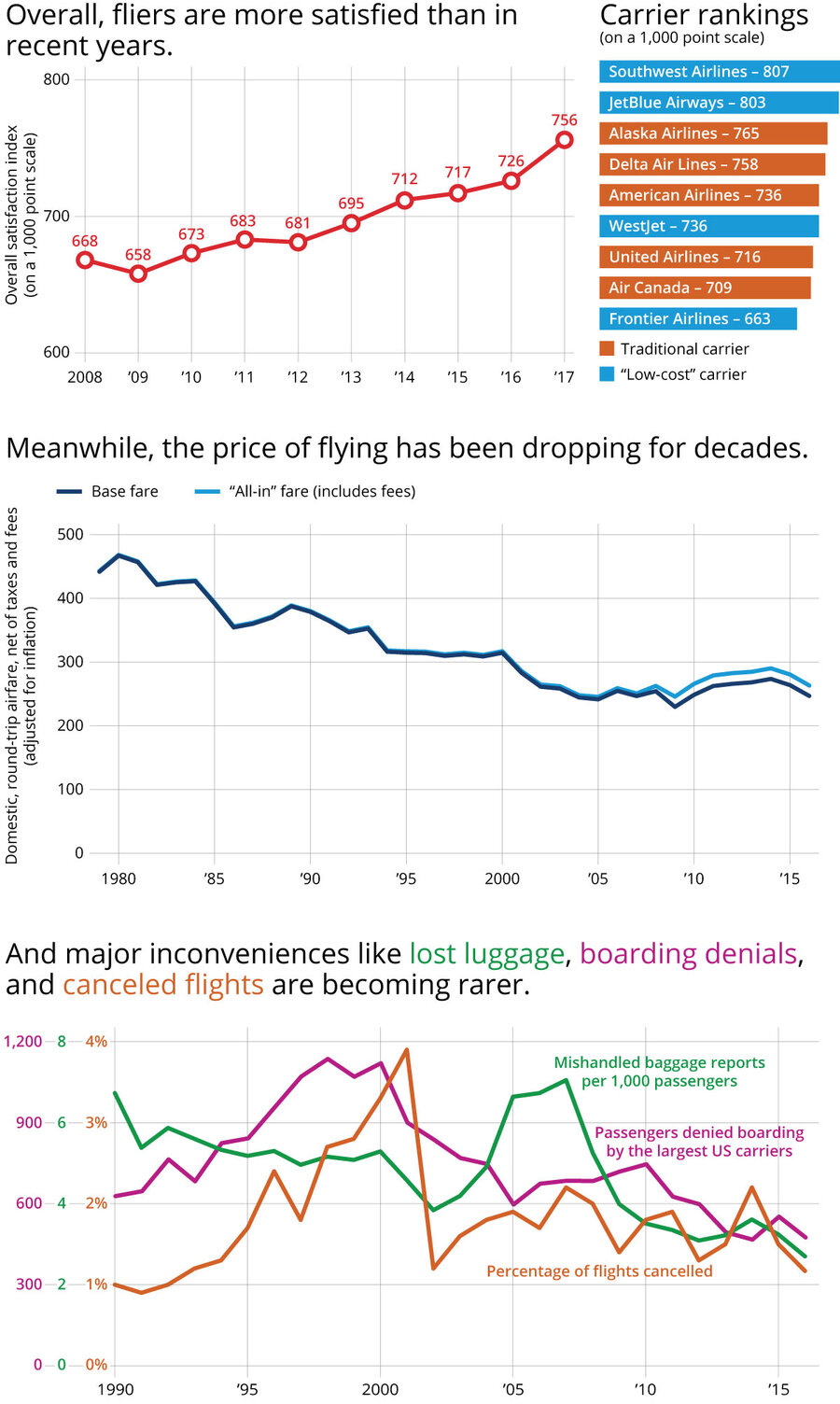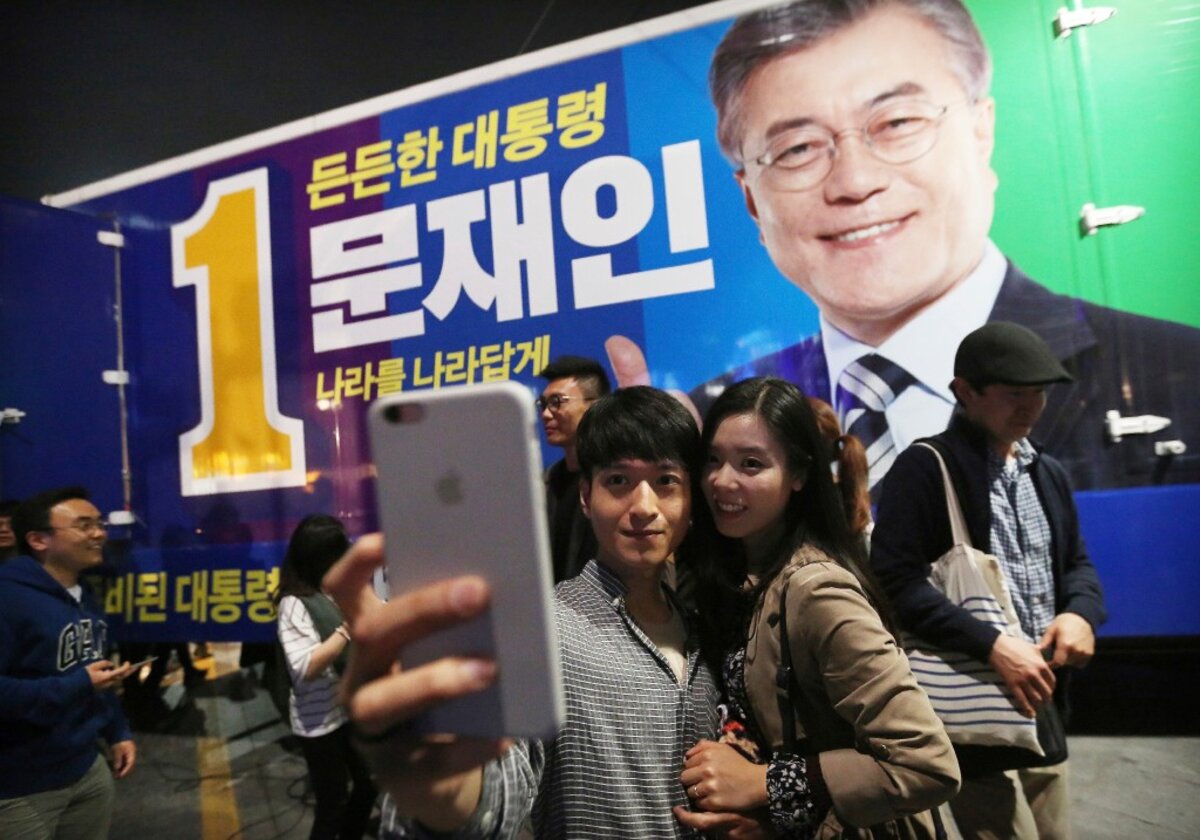For much of Asia, South Korea has been a model for decades, a success in both its democracy and its high-tech, high-income economy. Now after Tuesday’s election of a new president, it could become known for another aspect of progress. Its voters appeared to have rejected heredity as a claim of governance in both politics and business.
The election winner, Moon Jae-in, takes power following a popular revolt that brought down the previous president, Park Geun-hye, in March on corruption charges. Ms. Park is the daughter of a former strongman and a symbol of a fading nepotistic culture. But it is Mr. Moon’s promise to challenge the dominance of the country’s family-run conglomerates, known as chaebols (or “wealth clans”), that best represents a new mood among South Koreans, especially the young.
If Moon succeeds in pushing merit over bloodlines in business, the country could set a high standard against old notions about dynastic organizations across Asia – including the three-generational rule over North Korea by the Kim family.
Genes and pedigree need not be destiny in societies that flourish on freedom and opportunity.
Previous presidents, such as Kim Dae-jung in the 1990s, tried to break the chaebol system. The industrial giants did help build the economy after the Korean War. And these companies – such as Samsung, LG, Hyundai, and Hanwha – are now global competitors. But reform has been slow. The country now dislikes the chaebols but finds it difficult to create a new economic model.
Lately, however, many of the third-generation owners have proved arrogant or corrupt. Samsung Electronics vice chairman Lee Jae-yong, for example, is in jail on charges of bribery related to Park’s impeachment. Most of all, the chaebols’ dominance – about 80 percent of the economy – has prevented the growth of start-ups, which the country needs to spur innovation and create jobs.
For decades, the ideal career path for young Koreans has been to join a chaebol. But the companies have been shedding jobs. Youth joblessness is near 10 percent. South Korea needs a culture shift in corporate governance away from hereditary succession to professional management. Innovation in any country requires that employees be able to question their superiors or to move up the ranks by their talent and creativity – not by kinship.
Moon promises to help wean the young off working at chaebols by creating 810,000 jobs in the public sector and 500,000 more in the private sector. He would, for example, pay the salary of 1 in every 3 workers at small companies for three years. In addition, he plans new rules over the companies that would make them more transparent and make it difficult for owners to pass the baton to the next generation.
In a book about his work under a previous president, Moon wrote that “public awareness of people’s sovereignty took root” in the steady restoration of democracy since 1987. If he now uses his own presidential powers to erode a belief in biological heredity in business, Moon will have opened an added dimension of each individual’s sovereignty.
 Mark Sappenfield
Mark Sappenfield











